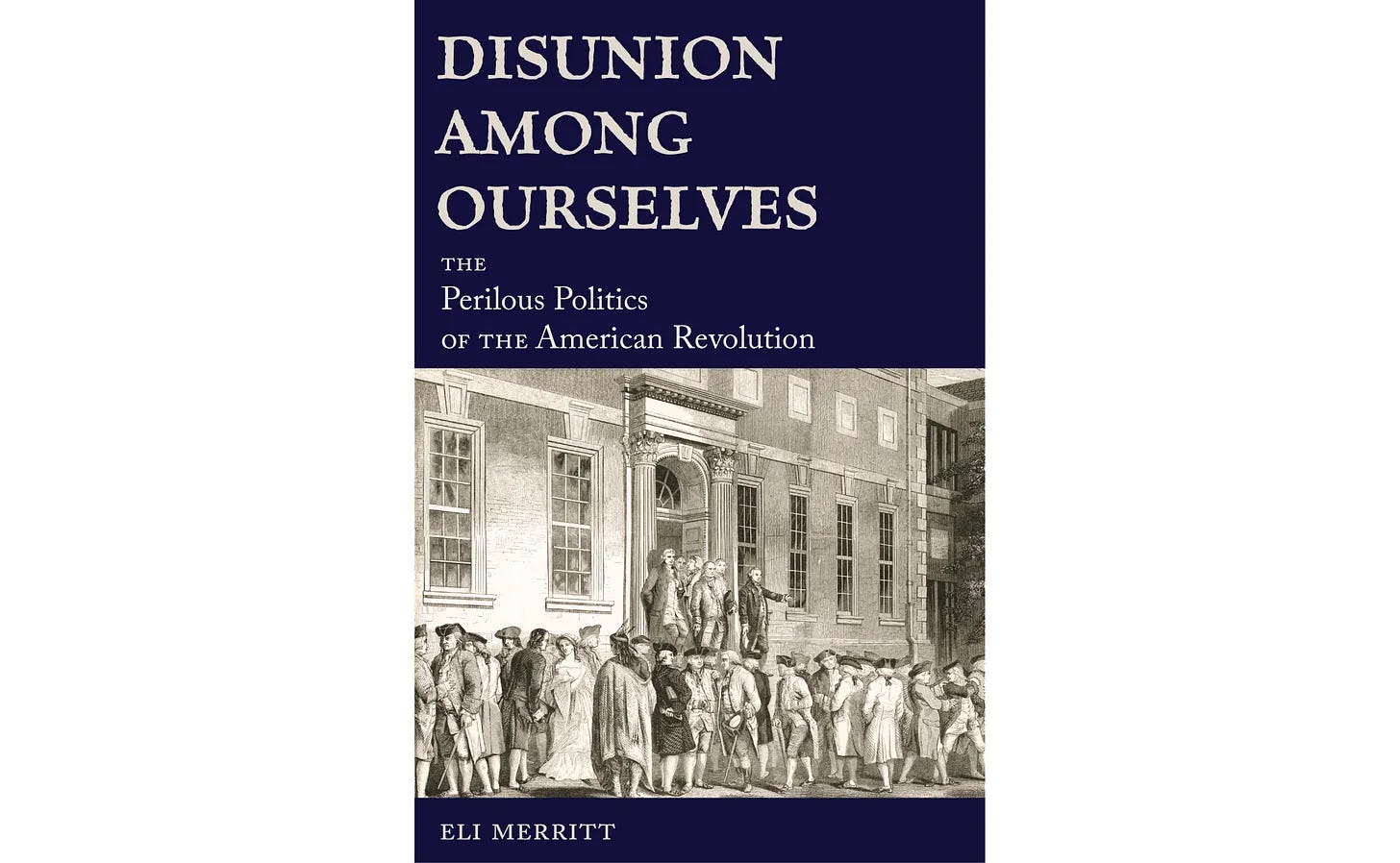'The Most Barbarous Outrage Which Was Ever Committed in America'
The American Revolution began with an unconstitutional order that ignited violent protests in Boston
The thirteen colonies had never before witnessed a mob so violent as the one that descended upon the Boston mansion of Thomas Hutchinson, the king’s lieutenant governor of Massachusetts, on the night of August 26, 1765.
The mob, wild with rage, flashing torches, shattered the great doors of the house with axes, chopped off wainscotting, stripped paintings and tapestries from the walls, and splintered furniture.
Hutchinson and his family barely escaped before the radical patriots looted every room, carrying off £900 sterling in cash plus all the fine silverware, decorations, and garments they could lay hands on.
For good measure, on the way out, the rebels for liberty ripped up the back garden and scattered in the mud most of Hutchinson’s books and papers, which to them were dark symbols of a traitor’s greed and treachery.
It was, according to Hutchinson himself, “the most barbarous outrage which was ever committed in America.”
Subsequently, another band of patriots seized a portrait of the man, and, as a portent, stabbed it with bayonets, tearing out one of its eyes.
The political philosophy practiced upon Hutchinson’s home that night was a Biblical one of “An Eye for an Eye.” If you steal my property, the patriots were proclaiming, I’ll rage and steal yours back.
The Illegitimate Taking of Money
What caused the “hellish fury” that swept through Hutchinson’s house that August night?
It was the Stamp Act, a money-making bill adopted five months earlier by Parliament that required Americans to pay taxes on newspapers, pamphlets, almanacs, ship’s papers, legal documents like wills, contracts, court orders, and even playing cards.
The problem for Britain was that the act stood in frank violation of basic Anglo-American rights and freedoms—and Americans did not intend to take the unlawful seizures lying down.
The overarching right the patriots were defending with axes was the right of the people’s representatives in colonial assemblies—and only the people’s representatives—to tax the citizens of a commonwealth. The British empire denied colonists a voice in Parliament. Americans had no representation.
Therefore, only a fool or a coward would submit to distant parliamentarians reaching into their pockets and grasping their money—their hard-earned wages, their property—without their consent.
‘As Mad with Ambition and Lust for Power as Caesar’
The constitutional principle at stake was thus self-evident.
But why did the radicals target the home of Lieutenant Governor Hutchinson rather than that of Royal Governor Francis Bernard or the stamp collector, Andrew Oliver?
It was because they considered the 53-year-old, tall, slender Hutchinson to be a sycophant and flatterer of the highest and most despicable order in the British empire. And, by the way, two weeks earlier another squad had already burned up Oliver’s stamp office.
Bernard Bailyn, Pulitzer Prize-winning biographer of Hutchinson, says the lieutenant governor was “one of the most hated men on earth.”
Sure that the sycophant was the chief promoter of the Stamp Act in America—not based upon political principle, but upon his own selfish and sordid desires for favor at court, financial gain, and emoluments—many Americans believed Hutchinson to be “as mad with ambition and lust for power as Caesar.”
Only a fool or a coward would submit to distant parliamentarians reaching into their pockets and grasping their hard-earned wages—their property—without their consent.
Renowned 18th-century historian Mercy Otis Warren, in her account of these years, characterizes Hutchinson as a “dark, intriguing, insinuating, haughty, and ambitious” dissembler—one skilled in “the intricacies of Machiavellian policy.”
That’s why Boston citizens punished him. That’s why they exacted revenge, under a writ of liberty, raising him up as a symbol of tyranny humiliated and humbled for all the world to see.
Three Strategies for Resisting Tyranny
On the heels of the Stamp Act, one way proud, liberty-loving citizens of the thirteen colonies resisted the unconstitutional taking of their tax money was rioting, property damage, and reciprocal theft.
But that was not all, of course.
Americans adopted a three-pronged strategy in defense of liberty, one that complemented violent and nonviolent protests with economic boycott and negotiation.
That same summer, Massachusetts patriots called for an extra-legal convention of the colonies to be convened in New York City to develop a plan of unified economic resistance.
And, in London, Benjamin Franklin prepared to confront Parliament, armed with reason, charm, and the fury of a betrayed people.
All three of these strategies, in the thrust of history, were working in tandem to achieve the same life-and-death goals: the preservation of liberty and the dismantling of oppressive rule.
American Commonwealth is a reader-supported publication
Support for $50/year
*******
Eli Merritt is a psychiatrist and historian who writes about the origins of our present political discontents and solutions to them
More articles by Eli Merritt
Books
To aid the educational efforts of American Commonwealth, take the next step:
Gift a subscription to a friend or family member
Share, Like, Comment, or Restack below:
Book Sources
The Ordeal of Thomas Hutchinson, by Bernard Bailyn
The Muse of the Revolution, by Nancy Rubin Stuart








I will be curious to see your ideas for present day.